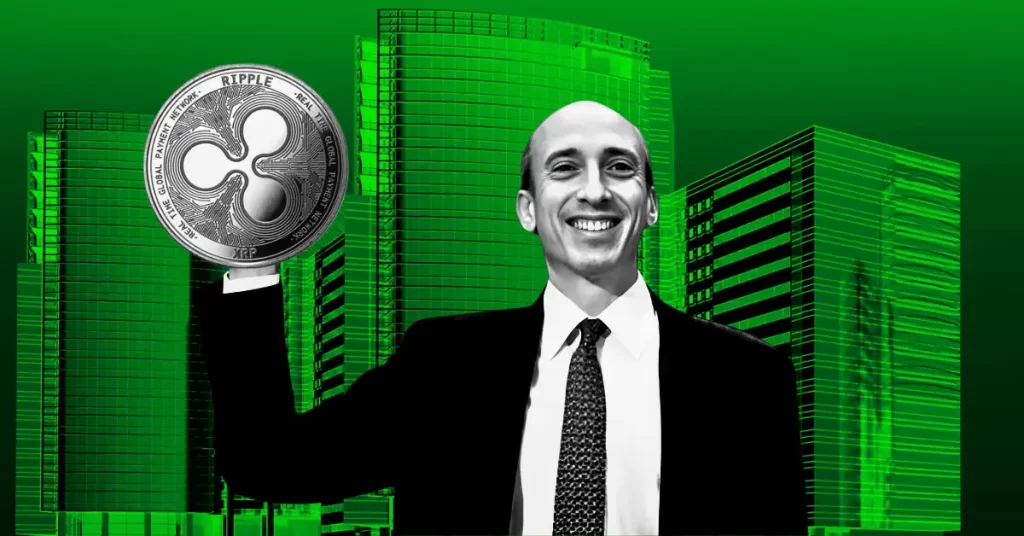Ripple News: Why is the SEC Delaying the Appeal? Important Doubts Cleared!

The post Ripple News: Why is the SEC Delaying the Appeal? Important Doubts Cleared! appeared first on Coinpedia Fintech News
The ongoing legal battle between Ripple and the United States Securities and Exchange Commission (SEC) is heating up once again. The SEC is reportedly gearing up to challenge the summary judgment made by Judge Torres. Legal experts, including John Deaton, who represents 75,000 XRP holders, have been analyzing the potential implications of an appeal.
Many believe the SEC’s main motivation for this move is their dissatisfaction with the court’s decision regarding XRP sales. However, some legal professionals argue that overturning the ruling may be difficult.
An analyst suggested that XRP insiders likely know whether the SEC will appeal the lawsuit, but Marc Fagel, a former SEC lawyer clarified that this is not the case. When asked if the SEC needs to vote on the decision to appeal, the lawyer, Marc, explained, “I believe they do. Which helps explain why it’s taking so long; that’s never a quick process.”
A user asked Marc how the SEC could argue that Judge Torres’ ruling was wrong when the SEC failed to prove that buyers had any contact with Ripple’s promotional materials or saw XRP as an investment opportunity tied to Ripple. The user pointed out that since buyers didn’t know who they were buying from, it made the SEC’s burden of proof even bigger, especially since key expert testimony was excluded.
3/ But beyond the evidence, I think the decision fundamentally counters the intent of the 1933 Act. By her logic, any securities issuer could avoid registration simply by delivering the asset to a third-party intermediary for resale. That makes no sense. Nor does the ultimate
— Marc Fagel (@Marc_Fagel) September 29, 2024Marc agreed, saying that the court’s logic suggests a reasonable investor wouldn’t care about Ripple’s involvement, which undermines the case. He wrote, “Under the court’s logic, a reasonable investor should not care at all, because a reasonable investor doesn’t know that XRP’s value has anything to do with Ripple. (Or, less kindly, the court seems to think crypto investors are dumb.)”
He added that the decision goes against the intent of the 1933 Securities Act, as it implies companies could avoid registration by selling through third parties. Lastly, he criticized how the ruling protected institutional investors while leaving retail investors without safeguards, a contradiction the Second Circuit should consider.
